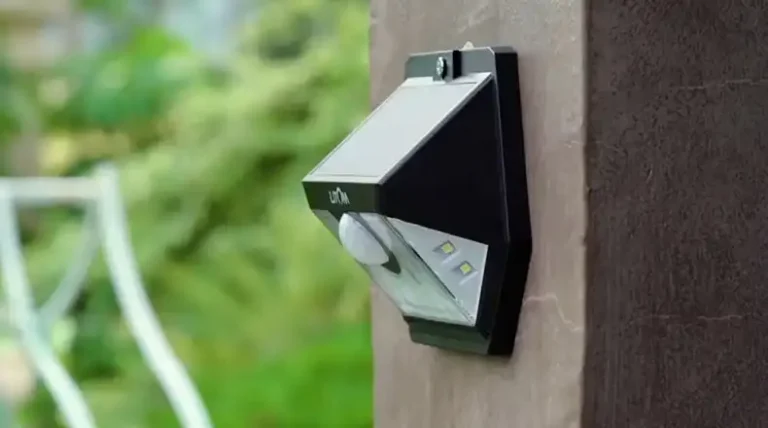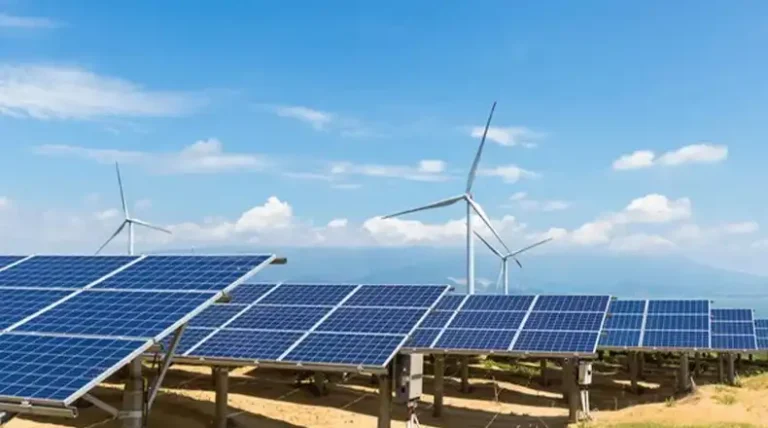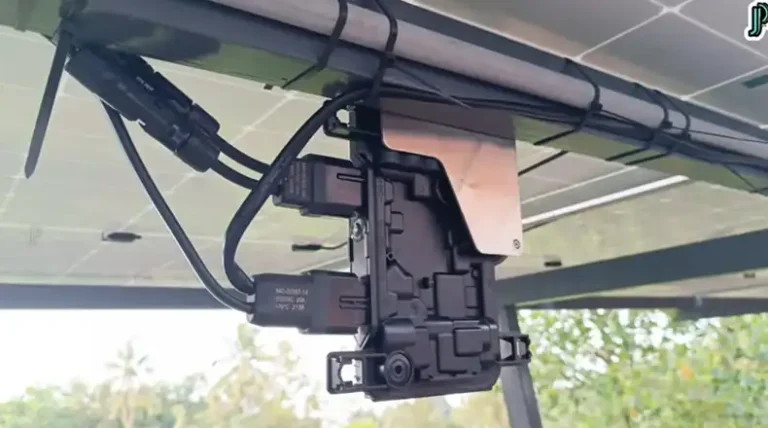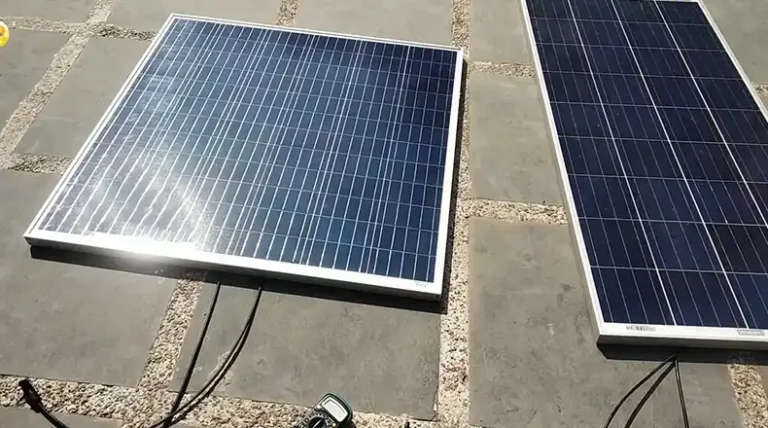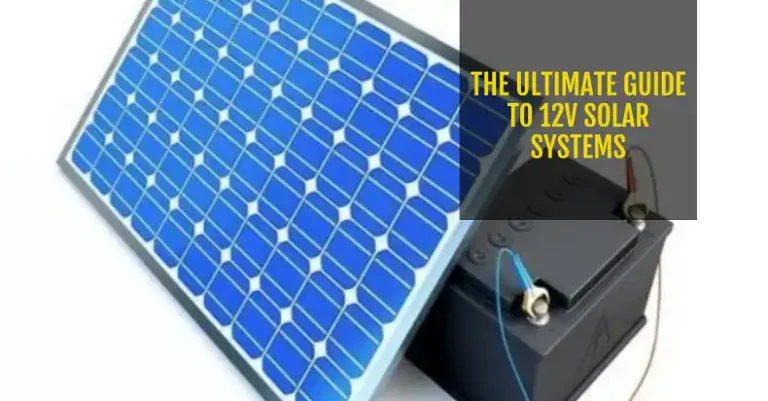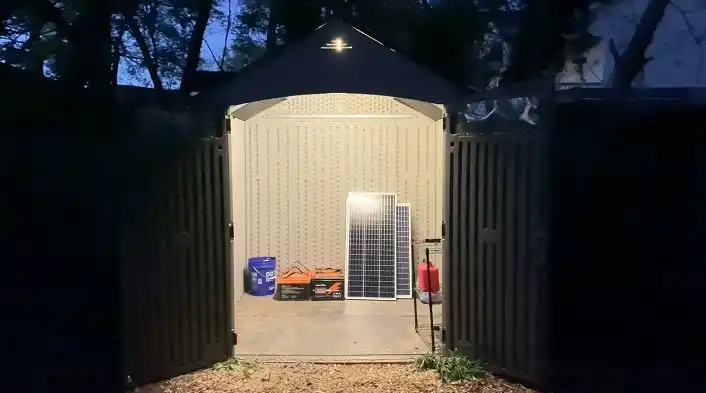How to Remove Hard Water Stains from Solar Panels (Advanced Cleaning Process)
Hard water contains dissolved minerals like calcium and magnesium. These minerals can leave behind white, chalky deposits known as hard water stains. When hard water evaporates on the surface of solar panels, it leaves behind these mineral deposits that adhere to the glass. Over time, a noticeable layer builds up that hinders the panels’ photovoltaic efficiency.
Solar panels work by converting sunlight into electricity. But when hard water stains block sunlight from reaching the solar cells, energy production drops. Studies show calcium and magnesium deposits can decrease solar panel output by up to 50% over several years if not removed. Furthermore, the adhesion and hardness of these stains make them difficult to remove with normal cleaning.
Removing built-up hard water stains requires some gentle scrubbing with an acidic cleaner to dissolve the minerals. With the right materials and proper technique, you can safely rid your solar panels of hard water stains and restore their productivity. The process is straightforward and only takes about an hour.
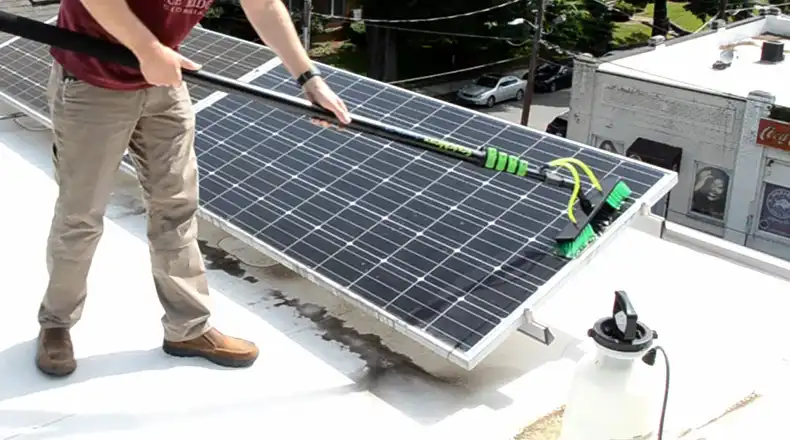
Common Stains Threatening Solar Panel Efficiency
While soaking up the sun’s reward, solar panels are unfortunately susceptible to various unwelcome guests – stains. These seemingly harmless blemishes can significantly hinder their efficiency, impacting your clean energy harvest. Let’s shed light on some of the most common offenders and their sneaky tactics:
Dust and Dirt
The ever-present duo, dust and dirt, are like unwelcome roommates, constantly settling on your panels. Wind and rain might offer temporary eviction, but their persistent presence acts as a sun-blocking blanket, reducing energy production. Regular cleaning sessions are crucial to keep these freeloaders at bay.
Mineral Mischief: Hard Water Stains
Hard water, laden with dissolved minerals like calcium and magnesium, leaves behind a telltale white film upon drying. This film acts like a frosted window, dimming the sunlight reaching the solar cells. Frequent rinsing with clean water or vinegar solutions can help keep these mineral deposits at bay.
Feathered Fouls: Bird Droppings
Beyond the aesthetic displeasure, bird droppings pose a serious threat to your panels. Their acidic content can etch and damage the protective coating, compromising long-term performance. Prompt removal with mild detergent and water is essential to prevent lasting harm.
Sticky Situations: Pollen and Sap
Springtime might bring blooming beauty, but for solar panels, it also ushers in the pollen season. These tiny yellow dust particles, along with sticky tree sap, can cling to the surface, creating a light-blocking barrier. Regular cleaning, especially during peak pollen seasons, is key to keeping these sticky villains in check.
The Silent Saboteurs: Shadow Play
While not stains per se, shadows cast by nearby trees or structures can significantly impact your solar panels’ performance. Strategically positioning panels and trimming foliage can help minimize these shaded areas and maximize sun exposure.
Remember, even a thin layer of any of these culprits can noticeably decrease your solar panels’ efficiency. Consistent cleaning, coupled with proactive measures like shade prevention, are your best weapons in this battle against efficiency-draining stains.
How to Remove Hard Water Stains from Solar Panels
Hard water contains high levels of calcium, magnesium, and other minerals that can leave behind chalky white mineral deposits on solar panels, diminishing their efficiency. Removing these stubborn stains improves light absorption and restores lost energy production.
Equipment for Hard Water Removal
Removing hardened mineral stains requires some specialty equipment and cleaning agents:
– White distilled vinegar – dissolves deposits
– Spray bottle – applies vinegar solution
– Soft brush – gently scrubs stains away
– Garden hose – rinses panels thoroughly
Step-By-Step Hard Water Removal
Follow these straightforward steps to effectively remove hard water stains from solar panels:
1. Mix equal parts white distilled vinegar and water in spray bottle
2. Apply vinegar solution liberally to entire panel surfaces
3. Allow solution to soak for 5-10 minutes to dissolve mineral deposits
4. Use soft brush to gently scrub affected areas
5. Rinse panels thoroughly with garden hose, starting from the top down
6. Squeegee panels completely dry or allow to air dry
Regularly removing hardened mineral buildup enables solar panels to receive unobstructed sunlight for maximum renewable electricity generation.
Determining the Ideal Time for Solar Panel Cleaning
Keeping solar panels clean is essential to ensuring they absorb sufficient sunlight to generate maximum solar electricity. But deciding when to clean them depends on the local climate and degree of soiling that accumulates.
Seasonal Cleaning
In areas with distinct seasons, cleaning solar arrays during the following times proves most beneficial:
Spring– Rinse away dirt, pollen, and dust after the winter months
Summer– Remove bird droppings, tree sap, and other debris
Fall– Eliminate ashes, smoke deposits, and environmental contaminants
Benefit: Seasonal cleanings prevent substance accumulation that would otherwise hinder solar energy output and absorption through seasons with peak sunlight hours.
Weather-Induced Cleaning
Solar panels may require intermittent washings after certain weather events deposit significant residues:
Rainstorms– Clear mud splatter which blocks sunlight
Windstorms– Dislodge leaves, branches and other detritus
Hailstorms– Wash off soil sediments knocked onto panels
Haboom Events– Eliminate ash and smoke residues reducing solar productivity
Benefit: Weather-triggered cleanings prevent substantial soiling capable of diminishing solar efficiency by 25% or more if ignored.
Adhering to a seasonal cleaning schedule and cleaning after impactful weather enables solar panels to maintain optimal productivity year-round. Only attempt panel cleaning if safely within reach – otherwise contact professional solar service.
Avoid These Things While Cleaning Solar Panels
Cleaning solar panels incorrectly can permanently damage their components, so knowing what not to use prevents harming this important investment.
Avoid Abrasives
Do not use abrasive materials which risk scratching the glass surface:
– Scouring pads
– Steel wool
– Hard brushes
Abrasing the glass reduces light transmission, decreasing solar productivity.
Avoid Chemical Cleaners
Refrain from using harsh solvents and detergents containing:
– Ammonia
– Bleach
– Alcohol
Chemicals corrode solar cell elements reducing efficiency and longevity.
Avoid Temperature Extremes
Use water at a moderate temperature similar to the outside air temperature.
Avoid:
– Freezing water
– Boiling water
Temperature extremes can thermally shock and crack glass panels.
Benefit: Knowing what not to use prevents irreversibly damaging solar panels – ensuring their continued clean functionality.
Safely clean panels within arm’s reach or contact a professional solar service to maintain an optimal solar investment over the long term.
Advantages of Removing Hard Water Stains from Solar Panels
Keeping solar photovoltaic (PV) systems clean and debris-free via regular panel washing provides multiple advantages from both a performance and longevity perspective.
Enhanced Solar Productivity
Removing accumulated dust, dirt, pollen and other contaminants enables sunlight to pass through the glass more readily to the underlying solar cells. This drives benefits such as:
Increased efficiency– Clean panels can achieve up to 30% higher solar energy productivity
Faster ROI– Maximizing panel output accelerates system payback period
Equipment Protection
Allowing too much buildup raises the likelihood of issues like:
Overheating– Debris prevents heat dissipation leading to hot spots
Component damage– Thermal differentials stress materials decreasing longevity
Routine cleaning protects integral solar components.
Operational Assurance
In addition to performance advantages, regularly washing panels facilitates:
Inspections– Ensure secure connections, framing and no cracks
Warranty compliance– Some warranties mandate cleaning schedules
Improved aesthetics– Remove unsightly residue accumulation
There are many upside reasons to incorporate periodic solar panel washing into standard system maintenance practices.
Common Questions & Answers
Q1: What causes hard water stains on solar panels?
A: Hard water contains dissolved minerals like calcium and magnesium that leave behind white, chalky deposits on solar panels as the water evaporates. These mineral residues accumulate over time, reducing light absorption.
Q2: How often should I clean solar panels to prevent stain buildup?
A: To prevent significant hard water stain accumulation, clean solar panels at least every 4-6 months. More frequent cleaning may be required in areas with very hard water or low annual rainfall.
Q3: Is vinegar safe for solar panels?
A: Yes, distilled white vinegar is safe for solar panels. Its mild acidity dissolves mineral deposits without damaging glass panel surfaces when rinsed thoroughly afterwards.
Q4: Can I use a power washer to clean solar panels?
A: No, avoid power washers. The high-pressure water can damage solar cell connections and panel components. Use a regular garden hose on a light setting instead.
Q5: Should I clean panels in direct sunlight?
A: No. Clean solar panels early morning or late afternoon on cooler, cloudier days. Cleaning hot panels in direct sunlight risks damaging the glass from thermal differentials.
Q6: When should I hire a solar panel cleaning service?
A: If your solar array is difficult to safely access or clean yourself, hire professional solar panel cleaners equipped with proper tools, training, and safety equipment.
Final Verdict
Regular cleaning with an eco-friendly vinegar solution removes hard water mineral deposits that accumulate on solar panels, blocking sunlight. Gently scrubbing builds an understanding of maintenance needs. As we transition our energy reliance towards sustainable solar power, simple vinegar washes ensure these panels efficiently convert our largest renewable resource – sunlight – into clean electricity for decades. Sustaining this free fuel through conscientious cleaning is key.

